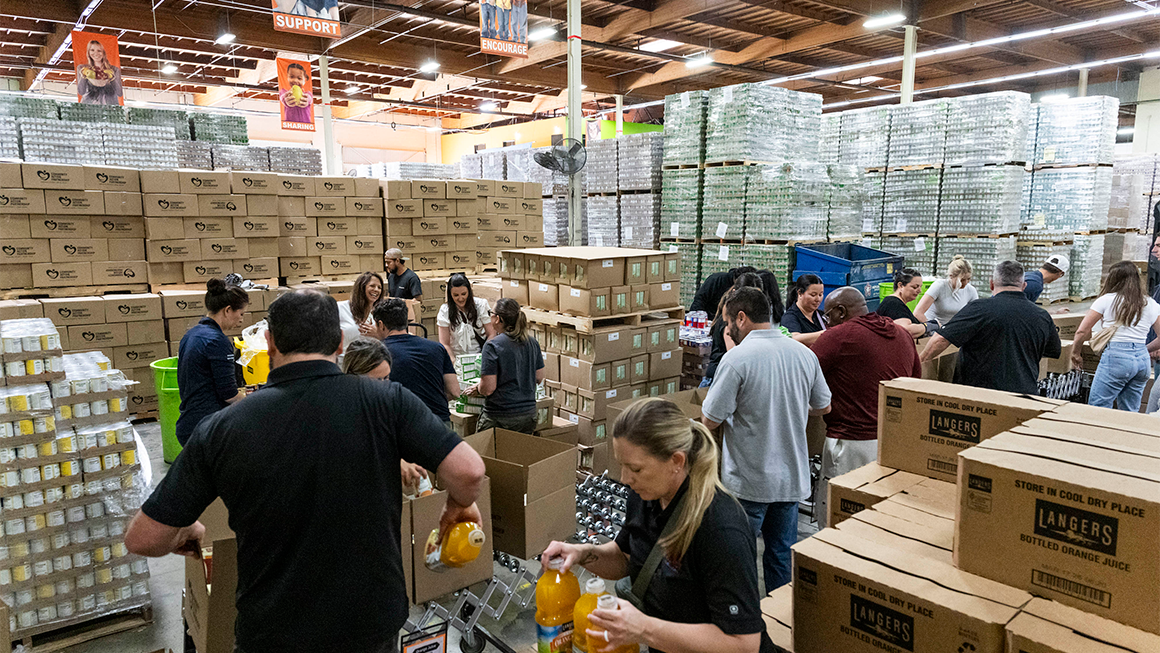Articles and analysis on today's issues

Federal cuts to the Supplemental Nutrition Assistance Program could cause some DC-area families to lose an average of $187 in monthly benefits.
A New Federal Proposal to Collect Data on College Students’ Parenting Status Can Build on Emerging Best Practice Parenting students are strong students but complete degrees at lower rates than nonparenting peers. Additional data collection can help colleges and other education stakeholders close equity gaps.First-Generation Homebuyers Face Significant Obstacles to Homeownership. To Help, Programs Can Define What “First-Generation” Means. Thousands of down payment assistance programs already exist for prospective homebuyers, but programs targeted toward first-generation homebuyers could help households without intergenerational wealth.With AI and Automated Systems Rapidly Developing, a Focus on Equity Can Maximize Benefits for All With new federal guidance around the development, assessment, and implementation of AI and automated systems, it’s crucial for researchers, policymakers, and the private sector to collaborate and build evidence to equitably distribute the benefits and harms associated with AI.Oregon Expanded Its Housing Options. How Can Other States Follow Suit? Using state preemption and by building a broad coalition of support, Oregon expanded the types of housing developers can build across the state.More Than 3 Million Americans Were Displaced by a ‘Natural’ Disaster in the Past Year. How Can We Prepare for Our Climate Future? To best prepare for disasters that are likely to increase in severity and frequency, policy solutions will need to originate from all corners of the government—not just emergency management offices.Registered Apprenticeships Can Increase Earnings, but Not Enough People Know That Could better advertising the earnings gains associated with apprenticeships lead more employers and workers to pursue them?





